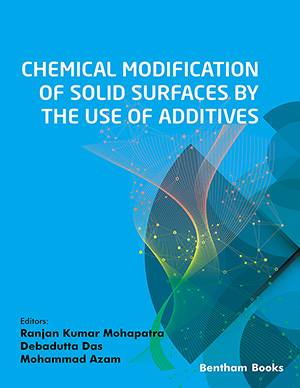Abstract
Ethyl 2-(4-aminophenyl) acetate is an important intermediate in the synthesis of Actarit, an antiarthritic drug. In the present study, synthesis of ethyl 2-(4-aminophenyl) acetate using Novozyme 435 in toluene as a solvent has been carried out under both conventional heating and microwave irradiation. A number of commercially available lipases such as Novozyme 435, Lipozyme RM IM and Lipozyme TL IM were screened. Novozyme 435 was found to be the most active. Optimization of reaction parameters such as speed of agitation, temperature, catalyst loading and mole ratio of the reactants has been done. A synergistic effect of microwave irradiation on reaction rate and specificity of lipases was observed in comparison with the conventional heating. Kinetic modeling showed that reaction followed ping-pong bi-bi mechanism. The theoretical predictions of rates match very well with experimental rates.
Keywords: Actarit, Esterification, Ethyl 2-(4-aminophenyl) acetate, Kinetic modeling, Microwaves, Novozyme 435.










